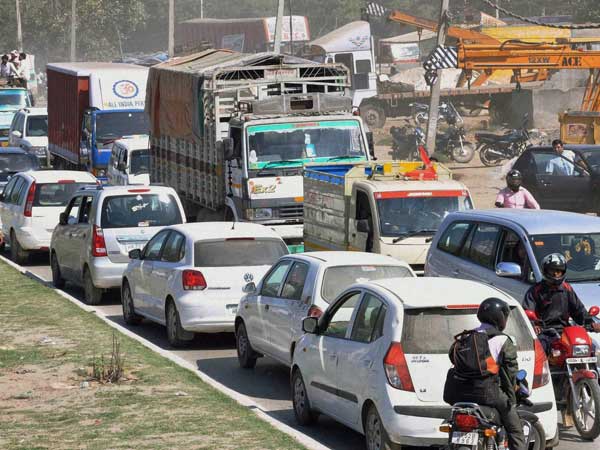Panaji: Scientists and technicians of Maharashtra Pollution Control Board will be trained by Goa-based National Institute of Oceanography (NIO) on handling specialised instruments which are required to gauge climatic change in the area of their operation.
“The advanced hand-on training course for MPCB officials has been organised between August 1 and 12, wherein they will be trained to handle instruments like auto analyser, fourier transform infrared spectroscopy, mercury analyser and gas chromatography,” NIO spokesman told PTI.
“Climate change is a reality now and South Asia, with its 12,000 km long stretch of coastline, has been identified to receive maximum brunt from such changes,” he said.
The change in climate will impact a large population residing in the coastal zone of South Asia, in terms of sea level rise, less frequent yet intense storms, anomalous precipitation, and warmer ocean temperatures, he said.
“In addition, rising atmospheric concentrations of carbon dioxide are causing the oceans to absorb more of the gas and become more acidic,” the spokesman further said.
“This rising acidity will have significant impacts on coastal and marine ecosystems. The coastal pollution and its impacts have resulted in a number of environmental issues, including the enrichment of water with organic matter leading to eutrophication, pollution by chemicals such as oil, and plastics emanating from land-based activities,” he said.
Over 80 per cent of all marine pollution originates from land-based sources which are primarily industrial, agricultural and urban, he pointed out.
“Microplastics are one of the major pollutants in the marine and coastal environment of South Asia and India, including extremely toxic organic pollutants (like POPs). Poor practices of solid waste management, lack of infrastructure, inadequate capacity to quantify such pollutants, failure to identify its source, and a lack of awareness among the public at large about the consequences of their actions aggravate substantially the situation,” he said.
“In fact, there is an urgent need to strengthen the evidence base with respect to measurement of pollutions.
High-tech instrumentation is globally now being used to identify the source of the pollutants, and its impact in biogeochemical cycle of the coastal ocean. Hence, one must be aware of advanced methodology and recent technology,” the spokesman added.
(Sourced from agencies, Feature image courtesy:oneindia.com)

























